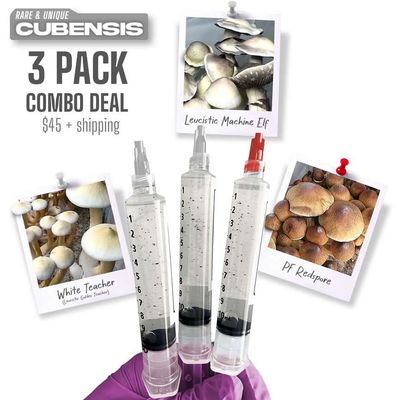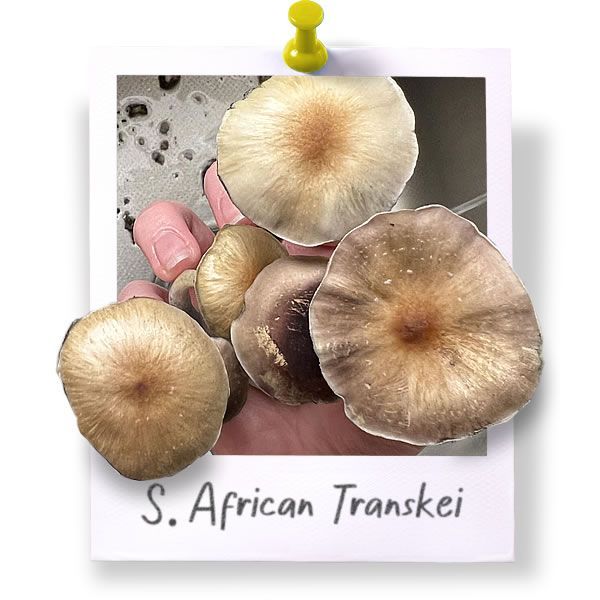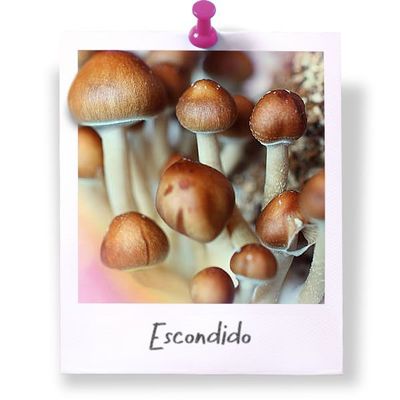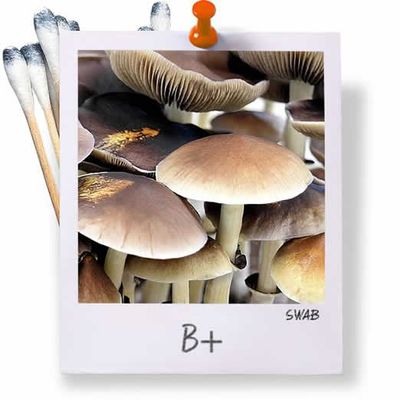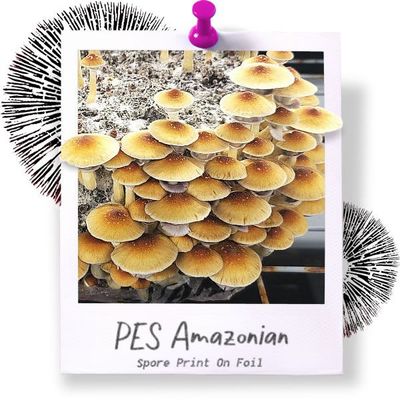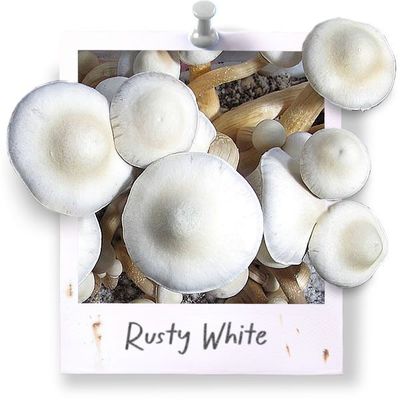South African Transkei
South African Transkei - 10ml spore syringe
South African Transkei Spores in distilled water in a 10ml syringe. The South African Transkei variant seems to be the only cubensis specimen ever identified, discovered, and collected in South Africa. It may be the only Psilocybe Cubensis mushroom collected this far from the equator. Transkei was discovered growing in dung in the shade of trees near the coast of the Indian Ocean in the Transkei region of South Africa. This region was also the birthplace of Nelson Mandella." Unlike the Colorado cube, which may not be a wild cube from Colorado, Transkei's origins are well documented, and it was discovered at a low elevation, near the ocean. Transkei is prone to overlay, and produces average sized fruits. The Shroomery's own Roadkill swears Transkei is very potent, often stating: "They are the reason Africans wear bones in their noses!"
Habitat: Bovine, Equine Dung and Enriched Soils
Climate: Subtropical
Cap: 25-65 mm in diameter, convex to broadly convex to plane at maturity. Reddish cinnamon brown maturing to golden brown to light yellow. Flesh white soon bruising bluish green.
Stem: 125-200 mm in length, yellowish. Flesh bruising bluish green where injured. Persistent membranous annulus (ring) from partial veil that becomes dusted with purple brown spores at maturity.
Gills: Attachment adnate to adnexed. Grayish coloration in young fruit bodies becoming nearly black in maturity.
Spores: Dark purplish brown, subellipsoid on 4-spored basidia
Strain Origin:
"The South African Transkei variant seems to be the only cubensis specimen ever identified, discovered, and collected in South Africa. It may be the only Psilocybe Cubensis mushroom collected this far from the equator. Transkei was discovered growing in dung in the shade of trees near the coast of the Indian Ocean in the Transkei region of South Africa. This region was also the birthplace of Nelson Mandella."
Unlike the Colorado cube, which may not be a wild cube from Colorado, Transkei's origins are well documented, and it was discovered at a low elevation, near the ocean.
Transkei is prone to overlay, and produces average sized fruits.
